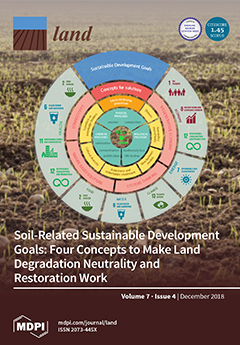Resource information
Innovative, pragmatic approaches are needed to support sustainable livelihoods and landscape management in complex social-ecological systems (CSES) such as river catchments. In the Tsitsa River Catchment, South Africa, researchers and natural resource managers have come together to apply such innovative approaches. Since CSES are characterised by uncertainty and surprise, understanding and managing them requires a commitment to reflexive praxis and transdisciplinarity. Accordingly, we facilitated a collective reflection and learning process in the project team to deepen our understanding of praxis in CSES. Our findings indicate that CSES thinking created an enabling framing. However, building new linkages among diverse actors to put CSES thinking into practice is challenging, since it requires the development of novel working relationships. Existing institutional structures, power dynamics, and ways of working impose significant constraints. A deeper critical realist analysis of our findings revealed a metaphor which explains why this work is challenging. In this metaphor, the Tsitsa Project team is navigating a bumpy terrain of dialectic tensions. These are tensions for example between natural science and social science, and between science and indigenous knowledge. Based on this metaphor, we suggest an expanding role for scientists and managers, and recommend transformative social learning processes to support teams navigating such bumpy terrains.


